I have already published 1 part of an article on this topic. Now I want to publish a series of articles on this topic. There will be many parts, so if anyone is interested, make tea with lemon and enjoy reading! This article is intended for a narrow circle of friends, as not everyone will be interested in it, but I will publish it because I care about this topic and it is very interesting to me in the first place. Be sure to read part 1 who hasn't read it.
Part 1: 🔥🔥🔥💀💀💀💥💥💥(History) The collapse of the USSR. How the Russians were betrayed: the collapse of the USSR is the final division of the Russian people To better understand Part 2, be sure to read Part 1.
https://projectavalon.net/forum4/sho...=1#post1664094
Putin's entourage declared that the USSR exists! Here's why it was done
https://projectavalon.net/forum4/sho...=1#post1671746
After the execution of Tsar Nicholas II with his family and servants, the Russian Empire ceased to exist, and the Soviet Union was born on the blood of the Russian Tsar and his children. There was a fratricidal war, from which the Russian people suffered greatly.
Nikolay 2 (THE ROMANOVS) Russian documentaries with English dubbing
https://projectavalon.net/forum4/sho...=1#post1683077
In fact, the revolution itself in the Russian Empire was made by Lenin. And the basis and foundation of the country itself was laid by comrade Stalin.
📈(History) The Russian economic miracle that everyone is silent about. Stalin's economy
https://projectavalon.net/forum4/sho...=1#post1672416
But after Stalin's death, Nikita Khrushchev took over the helm of the entire country and began to destroy the foundations of Soviet power. Malenkov was acting head, who was later also removed by Khrushchev. Georgy Maksimilianovich Malenkov was a Soviet statesman and party figure, associate of Joseph Stalin, and Chairman of the Council of Ministers of the USSR (1953–1955). De facto leader of the USSR from March 1953 to February 1955.
From that moment on, the USSR began to weaken.
Khrushchev's reforms that led to the liquidation of the Soviet Union
More than 70 years ago, in 1954, violating the Constitution of the USSR, Nikita Khrushchev withdrew Crimea from the RSFSR and transferred it to the Ukrainian SSR.
We are still paying for that fateful decision of the leader of the Soviet Union.
Everyone knows about this act of Khrushchev.
But there are actions of this figure that are much more terrible than the transfer of Crimea, but they are practically not talked about.
But many researchers point out that the reason for the collapse of the USSR lies precisely in the actions of Khrushchev.
In the 90s, they tried to mold the image of a reformer, almost a hero, from Khrushchev:
◾️ after all, he exposed Stalin's "personality cult",
◾️ freed the people from the "bloody legacy"!
◾️ The Khrushchev era was called the "thaw", saying that spring came after Stalin's winter.
Nikita Sergeevich Khrushchev was a Soviet politician, statesman and party leader, First Secretary of the Central Committee of the CPSU (1953–1964).
What actually happened?
Let's figure it out!
____________
FIGHT FOR POWER
____________
After Stalin's death in 1953, three people claimed the post of head of the USSR:
◾️ Malenkov,
◾️ Beria,
◾️ Khrushchev.
This is not to mention who exactly Stalin wanted to see as the leader of the USSR.
Moreover, Khrushchev was lagging behind his competitors. In fact, he was a nobody, having only the post of one of the secretaries of the Central Committee of the Communist Party.
The leader was Malenkov, combining the posts of Chairman of the Council of Ministers and also Secretary of the Central Committee of the CPSU, like Stalin before his death.
▶️ He actually became the head of the USSR.
▶️ And Beria became the Minister of Internal Affairs and Malenkov's deputy.
In general, Beria was a brilliant organizer. Under Stalin, he was the second person in the country.
Since 1951, even government documents were transferred to Stalin after Beria's visa.
But such a strong competitor, who still relied on the security agencies and could have dirt on everyone, was not needed.
So he was eliminated that same year. And they did it together.
Khrushchev began to select his team in a very peculiar way.
Stalin also wanted to renew the personnel, but Nikita Sergeyevich went his own way: he looked not at professionalism, but at loyalty to himself.
In general, he had the image of an energetic, but narrow-minded performer. A kind of buffoon. Few people saw him as the leader of the country. So Khrushchev stubbornly looked for comrades-in-arms and an approach to them.
And, it must be said, he found something that the ruling class as a whole could not refuse and recognized him as the leader of the country.
🔹 Stalin wanted to give all the plenitude of power into the hands of the Soviet organs, i.e. the government.
🔹 And to leave agitation, propaganda and training of personnel, i.e. ideological work, to the Communist Party (i.e. all officials, revolutionaries), removing them from power.
In the early 50s, the fight against the privileges of partycrats began.
This course was continued by Malenkov.
Malenkov cancelled all benefits:
✅ personal cars,
✅ sanatoriums,
✅ money in envelopes, the amount of which sometimes exceeded the salary by 5 times.
Khrushchev took advantage of this and attracted the dissatisfied top brass to his side, promising to return everything to them and throw in some extra.
As a result of such actions, Khrushchev was supported by the ruling group.
❗️ That is, he was supported only because he promised the party bureaucrats a well-fed and carefree life.
✅ Stalin did not allow officials to relax, they were forced to work,
❌ but Khrushchev made them a privileged class that even the security forces could not check.
Which led to the fact that traitors, the fifth column, began to appear in power.
Then in 1956, Khrushchev decided to radically break with the past.
At a closed meeting of the 20th Congress, Khrushchev denounced the cult of Stalin's personality.
❌ Mocked the memory of the leader and
❌ openly denigrated him, saying that Stalin allegedly fought on a globe and studied the country from films.
❌ Accused him of the fact that the USSR missed the offensive of the fascists.
❌ He blamed him for the repressions,
❌ and for the first time used the epithet “Stalinist” for them.
*Before that, the repressions were called “Yezhov’s”. The fact is that their peak occurred in 1937-1938, when Nikolai Yezhov was the People’s Commissar of Internal Affairs.
It was at that time that 85% of the total number of those convicted during the entire conditional Stalinist period were shot.
The report was secret only formally.
The text ended up in the USA and was immediately published. This is despite the fact that the full version was published in the USSR only in 1989.
The effect of the report was akin to an atomic explosion.
The crisis of the socialist camp broke out:
⛔️ Hungary almost changed its policy to anti-Soviet,
⛔️ Poland was engulfed in unrest,
⛔️ Romania requested the withdrawal of Soviet troops,
⛔️ Albania simply broke with the USSR.
⛔️ Relations with China also deteriorated.
This was a blow to the foundation of the Soviet project and state.
The Stalinist system was collapsing before our eyes.
And all this, naturally, played into the hands of the West.
No matter what anyone says, the real creator of the USSR that we know is Stalin. He created the socialist camp, i.e. that very pro-Soviet bloc.
And then they started pouring slop on him in his own country!
That is, destroying the foundation, the core of the communist movement throughout the world.
Much has been said today about why Khrushchev went against Stalin.
🔸 Liberals believe that he was a great guy who put the country on the path of democratization, that he is a really good leader. A communist, of course, yes, that's a minus. But overall, he is a good guy.
🔸 Another popular version is that Khrushchev took revenge for the death of his son Leonid.
*What exactly happened to him will remain a secret, because the pages related to those years were torn out of his file.
Probably, Khrushchev himself got rid of the incriminating evidence when he got access to the archives.
But according to the testimony of Mikhail Dokuchaev, a KGB general, Leonid, Khrushchev's son, betrayed the Motherland at the front - he began to work for the Germans. For this, he was sentenced to death by execution. When everything was revealed, Khrushchev crawled on his knees before Stalin, begging for forgiveness. To which Stalin replied that he could not help in this situation.
And so Khrushchev's son was shot and allegedly because of this he hated Stalin.
It all seems to sound well, but the main reason for de-Stalinization is usually kept silent.
🔸 And it consisted of a preemptive strike.
The thing is that Khrushchev was one of the most bloodthirsty executioners during the repressions,
along with Robert Eikhe, the first secretary of the West Siberian region.
He wanted to shoot 10,800 people. Khrushchev was then the head of the Moscow Committee and wanted to sentence 41,305 people to death. Six months later, when he became the first secretary of the Central Committee of the Ukrainian Party, he sent a request for 20,000 people, i.e. this is a list of those who need to be shot.
By denigrating Stalin at the 20th Congress, accusing him of repressions, Khrushchev was absolving himself of responsibility for his contribution to these repressions.
He inflated the scale of the purges, which worked great as shock therapy for the people, and Khrushchev strengthened his grip on power.
Plus, he said that Stalin oppressed you, but under me you will live like a king.
In the end, he outplayed all his competitors.
And in 1958, he also became the head of the Council of Ministers.
Another important point is how he looked for allies.
And if Stalin emphasized the Russian people as the state-forming people, then under Khrushchev the opposite process began.
People from local ethnic groups began to govern the autonomous regions, even if they were not ready for this. Khrushchev relied on regional and national groups to support him in the struggle for power.
New borders were drawn for this purpose.
❌ For example, Kazakhstan was given areas of the Orenburg region, where only Russians lived. Even now, the population there is mainly Russian.
❌ And in 1954, Khrushchev gave Crimea to Ukraine.
➡️ Firstly, he needed the support of Ukrainian party officials.
➡️ And, secondly, it was an attempt to buy them.
After all, if in Moscow he managed to destroy the archives, then in Ukraine there was evidence and people who could point a finger at him and say that he was an executioner.
⛔️ It is popularly believed that Khrushchev freed millions of victims of repression. But this is just a myth.
✅ In reality, Beria carried out the largest amnesty.
According to his decree, 1 million 200 thousand people were released in 1953.
Khrushchev signed an amnesty for those who collaborated with the fascists (traitors) during the war.
About 100 thousand Banderites returned to 5 regions of Ukraine.
And most importantly, as soon as the amnesty was issued, the Bandera leadership changed tactics. They stopped active struggle and gave the command: Banderovites and their family members must do everything to take places in the Soviet organs.
This is how the integration of traitor nationalists into power began, and it was quite successful (Traitors in Russia are also called the 5th column - those who hate Russia and, being in power, try to destroy it while in the shadows and acting secretly).
By 1965, 40% of the leadership were Banderovites.
That is, the bomb that exploded in Ukraine today was planted in the 50s by this criminal pardon.
Khrushchev relied on local nationalism, which eventually grew into Nazism.
______________________
FROM THE ECONOMY TO THE SURRENDER OF NATIONAL INTERESTS
______________________
Khrushchev continued to destroy what Stalin had done.
In order to improve his image in the eyes of the West, he carried out an army reform.
❌ Unilaterally reduced the number of the USSR armed forces. From August 1955 to May 1956, almost 2 million people were fired.
❌ People were driven out into nowhere and no one cared how they would live and where they would work.
❌ Khrushchev destroyed Stalin's program for the construction of a navy that could withstand the aggression of the USA and Britain and could defend its interests anywhere in the world's oceans.
One can also take into account the fact that the shipbuilding industry provided thousands of jobs.
❌ This project, so necessary for the country and dangerous for the West, was destroyed at the root by Khrushchev.
❌ Even the finished ships were calmly sent to the scrap yard.
❌ They also hit the aviation industry.
*Under Stalin, this industry, without which the country's full sovereignty is impossible, was created practically from scratch.
❌ Khrushchev decided that since there were ballistic missiles, spending on other things could be reduced, including aviation.
❌ Many planes were sent to the scrap yard,
❌ and breakthrough projects were closed.
At the same time, the West did not appreciate the relaxation of tension: armies and navies were not reduced, the arms race continued.
Incidentally, Gorbachev would later do the same thing: reduce the military power of the USSR and not demand this from the West.
In order to be known as a peacemaker, Khrushchev gave gifts to the West, but thereby worsened the situation of the USSR.
❌ He withdrew his troops from Austria,
❌ and gave China the Port Arthur naval base and everything that was built there absolutely free of charge.
At the same time, American bases in Japan, South Korea, Taiwan and the Philippines remained.
❌ He also gave up his positions in the Baltics, leaving Finland.
And the US, on the contrary, increased its presence.
I repeat, this was done without any benefit to the country.
❌ Moreover, in order to appease Mao Zedong, who was dissatisfied with the 20th Party Congress, Khrushchev gave him lists of Soviet agents in China in 1956. Who, think about it, were arrested and executed.
And what about the economy?
The model of advancement that Stalin laid down as the foundation of the state allowed the USSR to achieve such growth that no one has ever surpassed.
From 1929 to 1955, the economy grew 14 times!
The average annual growth was 13.8%.
For example, in the USA this figure is now 2.2%.
❌ Khrushchev launched the mechanism of degradation in the economy.
❌ He canceled the MPE — the model of increasing the efficiency of the economy.
*The MPE was introduced in 1939 and it was this that ensured high rates of development. It was a combination of moral and material incentives for workers.
They were introduced to reduce costs and improve the quality of products. If a new product met these points, then the workers immediately received a bonus.
For example, for each kilogram of product saved, OKB-590 (this is a bureau for the development of computer technology) paid 500 rubles — half of the monthly salary of an engineer.
As for moral incentives, those who generated good ideas were promoted.
It was thanks to the MPE that prices were reduced annually under Stalin.
Plus, talents were revealed, and people became kinder. Everyone realized their importance in the team. At the same time, incentives did not apply to managers. By the way, MPE was even used in the army during the war.
We know the result very well.
In 1955, MPE was borrowed by Japan, which gave it rapid growth.
And the USSR abolished it that same year.
Here is what a Japanese businessman said about this:
“In 1939, you, Russians, were smart, and we, Japanese, were fools.
In 1949, you became even smarter, and we were still fools.
And in 1955, we became smarter, and you turned into five-year-old children.
Our entire economic system is copied from yours. All our companies have your slogans from the Stalin era hanging in them.”
Khrushchev quietly shut everything down.
❌ Now bonuses depended on the size of the salary. That is, the more you earn, the more money you will be given on top.
❌ Plus, they removed the requirements for reducing the cost price,
❌ and the amount of bonuses was fixed at 2% of the development price.
❌ It became profitable not to reduce, but, on the contrary, to inflate the cost price.
❌ And therefore, prices began to creep up.
❌ The incentive to implement scientific developments in production disappeared, because they practically did not pay for it.
❌ And now they gave a raise not for how you work, but how you communicate with the management.
As a result, the managers were in chocolate, and, of course, approved the innovations.
The abolition of the MPE is like one of the nails in the coffin of the Soviet Union.
❌ Khrushchev did one more thing that predetermined the collapse of the USSR: he partially agreed with the Bretton Woods system, where the dollar is the main currency of the world.
Let me remind you that in 1944, at the Bretton Woods Conference, it was decided that all currencies would be related through the dollar.
The USSR also signed the documents. But after the defeat of Hitler, Stalin refused to ratify the Bretton Woods agreements.
As a result, the Soviet Union tied the ruble to the country's assets and set the exchange rate to the dollar: "At most - 4 rubles."
Naturally, the US was unhappy.
In fact, Stalin did not allow the dreams of the Anglo-Saxons to come true in full. And most importantly, there were those willing to trade for the gold ruble.
In 1952, a conference on this topic was held. 49 countries participated in it.
This was nothing more than undermining the dominant role of the dollar.
Can you imagine what prospects were opening up?
❌ But Khrushchev stopped it all.
❌ The monetary reform of 1961 is not remembered today. And in vain!
This was not just "cutting off zeros".
This was the step that brought the country 2 troubles:
❌ dependence on oil and
❌ food shortages.
Old money was exchanged for new money at a ratio of 10 to 1.
❌ But there was one oddity: the dollar exchange rate before the reform was 4 rubles, and at the new rate it should have been 40 kopecks. But it became 90 kopecks. It was changed not by 10 times, but by 4.44.
❌ The same applied to gold backing.
That is, the reform deliberately weakened the ruble against the dollar and gold by 2.25 times!
Against this background, oil began to be sold on a large scale. First to the socialist countries, and then to the West. In principle, this became profitable only after the devaluation of the ruble: the stronger the dollar, the more money the treasury receives from the sale of hydrocarbons abroad.
The USSR became addicted to oil, and prices in the country began to rise.
❌ If in state trade they changed by 10 times, then on the market only by 4.5.
❌ It became profitable for collective farms and stores to sell products to the market.
❌ Goods flowed into private trade,
❌ which created a deficit and hit people's pockets.
❌ As a result, in order to reduce the gap between markets and stores, prices in state trade were increased.
Meat alone increased by 30%.
❌ The result was mass protests.
❌ The most famous tragedy was in Novocherkassk. The military simply shot demonstrators: 26 dead and more than a hundred wounded.
❌ Khrushchev also hit agriculture.
In general, food security is one of the foundations of the state. If a country cannot feed itself, it will be forced to buy food abroad, paying for it with its own resources.
❌ Under Khrushchev, our country began buying grain in the West for the first time: in 1963, 12 million tons were purchased. Almost all foreign exchange reserves and a significant portion of gold were spent on this.
❌ As a result, the USSR became hooked on the “bread needle” and by the mid-80s spent 900 tons of gold on grain.
There were many reasons for this.
❌ There was the adventure of planting corn wherever possible.
❌ And the development of virgin lands, on which they poured a lot of money, but it all ended in an ecological disaster:
❌ Millions of hectares of natural zones were destroyed.
❌ And the liquidation of “unpromising villages”.
Then, specialists who appeared out of nowhere assessed which villages could be left and which ones could be resettled.
❌ Plus, Khrushchev destroyed state machine and tractor stations and ordered collective farms to buy out the equipment. As a result, all savings were spent on the buyout, and it was not possible to create a base for maintenance.
❌ Many machines turned into scrap metal. Total losses.
❌ Many of Stalin's grandiose buildings, which had important economic goals, were cancelled at the construction stage.
For example, such projects were cancelled
Transpolar highway.
The project was supposed to connect the north of Siberia with the rest of the country. By 1953, the railway from Dudinka to Norilsk was built, and it remained to build a section between Pur and Novy Urengoy. On Khrushchev's orders, the project was shut down, and all the equipment, part of the road and related things were sunk.
Tunnel crossing to Sakhalin.
The project was supposed to run from Cape Lazarev to Cape Pogibi, over 10 kilometers long. In addition to the tunnel itself, it was planned to build about 500 kilometers of railway. In 1953, when Stalin died, 120 kilometers of the entire route were already ready. Khrushchev ordered the project to be stopped, the equipment to be sunk, and the mine to be filled.
Main Turkestan Canal.
The project was supposed to connect the arid regions of Central Asia and provide them with water. The plans included the construction of a separate railway, hydroelectric power stations and other related structures. Under Stalin, they only managed to build the railway, and after he was gone, Khrushchev ordered the project to be shut down.
A plan to transform nature.
It was supposed to reclaim 120 million hectares of land from the steppe zone and include it in agricultural circulation, plant more than four million hectares of forest and create state forest-protection belts over five thousand kilometers long in 15 years. In 1953, the plan was stopped, moreover, forest plantations began to be cut down, 570 forest protection stations were closed.
All this greatly undermined the potential of the Soviet village.
"But wait!", someone will say, "what about:
🔸 Sputnik,
🔸 Gagarin,
🔸 Tereshkova? -
After all, all this was under Khrushchev."
Yes. But the space program was launched under Stalin.
▶️ A ballistic missile appeared.
⏩ But the decree on the creation of missile weapons was issued back in 1946.
Here we need to understand that the USSR under Khrushchev moved forward by inertia. The sabotage of the authorities could not immediately cause a catastrophe.
▶️ They say that Khrushchev issued passports to all the peasants.
⏩ But the passport project was prepared under Beria.
⏩ And passports began to be issued everywhere only in 1976.
So Khrushchev had nothing to do with them either.
▶️ People were moved from barracks to separate apartments.
Yes, at that time they really began to build panel houses with small rooms. ⏩ Only these projects were developed under Stalin.
⏩ And they looked different. Does everyone understand the difference between a Stalin-era building with three-meter ceilings and a scanty Khrushchev-era building?
⏩ And the first houses using mass construction technology were built back in 1938. The box house you see in the newspaper clipping was assembled in just 11 days.
If it weren't for the war, the people of the USSR would have lived in comfortable homes by the 1950s.
✔️ The only thing that can be attributed to Khrushchev without sarcasm as an achievement is the Cuban Missile Crisis. He did not agree with the deployment of American missiles in Turkey and went all the way, winning this confrontation.
33) 💀💀💀⛔⛔⛔(History, Cold War) USSR and USA are on the brink of nuclear war and World War III
https://projectavalon.net/forum4/sho...=1#post1665101
But this cannot cross out those actions that essentially led to the collapse of a great country, with all the accompanying attributes.
Khrushchev broke the foundation on which the USSR stood
❌ this is Stalin's authority and
❌ Stalin's economy.
❌ And on the contrary, he carried out his reforms, which created a new privileged class from officials,
❌ which degenerated into those who destroyed the USSR in the late 80s.
Khrushchev, instead of the cult of Stalin, began to create a cult of the party. The party bosses did not want to be just the voice of morality and ideology, they decided to fight for power.
And Khrushchev gave them all the privileges for a comfortable life.
❌ It was under him that the nomenklatura began to degenerate and separate from the people.
❌ The party began to live for itself
❌ and over time turned into a new class of exploiters.
By the 80s, this process was already irreversible.
Well, Khrushchev's socialism became a type of capitalism - state capitalism.
❌ The values of communism were replaced by the desire for enrichment. Everyone saw this and said: "What communism?" and slowly began to enrich themselves.
❌ And the constant rise in prices, which began under Khrushchev, was the main feature of a capitalist society.
On the one hand, Khrushchev's reforms were disorderly.
But on the other hand, they were systemic. And the essence of this system is destruction.
In all this chaos, there is one pattern: all the changes led to the collapse of the Soviet Union.
And I am not saying that Khrushchev was a conscious enemy of the state. He just wanted recognition. But he could have been used blindly. Well, in fact, Khrushchev himself was energetic and stupid. In the end, everyone got tired of him and the party itself removed him from office.
However, the processes that ended with the collapse of the USSR started with him.
Song lyrics PATRIOT
I want to tell you about our beloved system,
It seems to me that each of you will agree with me,
Everyone says that everything is very good in the West,
Whoever tells me this, I will wipe it into dust!
Everything that is Soviet is cool, cars and pants,
Let everything be expensive, but everything is ours, guys,
Don't sneer at me so fiercely and don't sneer,
I know that the best currency in the world is our Tambov ruble.
We sing the glory of the beloved and native party,
For ruling our country so wonderfully,
For bread, for water, for freedom, for happy work,
Soviet missiles will wipe all the bourgeois into dust!
Well, what good do they have, only shame and disgrace:
Tape recorders, VCRs, why do we need them,
We will sing to the accordion about our beloved land,
Where for an honest worker, not life, but simply paradise.
Stop listening to your bourgeois rock, join the CPSU!
And develop a patriotic spirit in yourself,
We all live very happily in the Soviet country.
Oh, how sad for the workers who rot abroad!
We sing the glory of the beloved and native party,
For ruling our country so beautifully,
For bread, for water, for freedom, for happy work,
Soviet missiles will grind all the bourgeois into dust!
My native country is wide and there is a lot in it,
And who said that there is nothing in the stores
Open your eyes and look - on the shelves there is soft, fresh bread,
And mineral water, are you completely blind?!
Thanks to our party, we bow to it to the ground,
For its honor we will all stand together as a dense wall,
With a callus at the factory we will earn rubles,
And we will give it to the peace fund and to the fund of our native party!
We sing the glory of the beloved and native party,
For the fact that it rules our country so beautifully,
For bread, for water, for freedom, for happy work,
Soviet missiles will wipe all the bourgeois into dust!
- Home
- Forum
- Chat
- Donate
- What's New?
-
Site Links

-
Avalon Library

-
External Sites

- Solari Report | Catherine Austin Fitts
- The Wall Will Fall | Vanessa Beeley
- Unsafe Space | Keri Smith
- Giza Death Star | Joseph P. Farrell
- The Last American Vagabond
- Caitlin Johnstone
- John Pilger
- Voltaire Network
- Suspicious Observers
- Peak Prosperity | Chris Martenson
- Dark Journalist
- The Black Vault
- Global Research | Michael Chossudovsky
- Corbett Report
- Infowars
- Natural News
- Ice Age Farmer
- Dr. Joseph Mercola
- Childrens Health Defense
- Geoengineering Watch | Dane Wigington
- Truthstream Media
- Unlimited Hangout | Whitney Webb
- Wikileaks index
- Vaccine Impact
- Eva Bartlett (In Gaza blog)
- Scott Ritter
- Redacted (Natalie & Clayton Morris)
- Judging Freedom (Andrew Napolitano)
- Alexander Mercouris
- The Duran
- Simplicius The Thinker





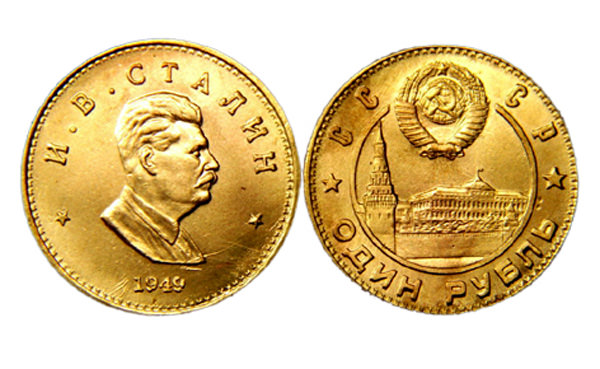
 Reply With Quote
Reply With Quote

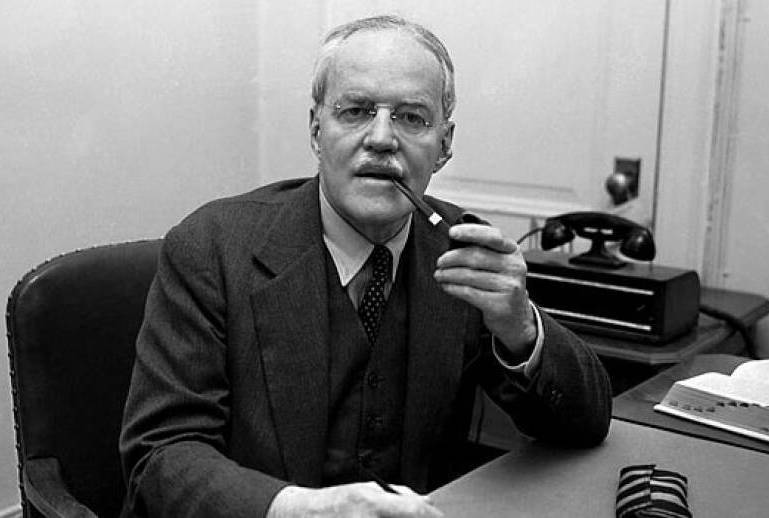

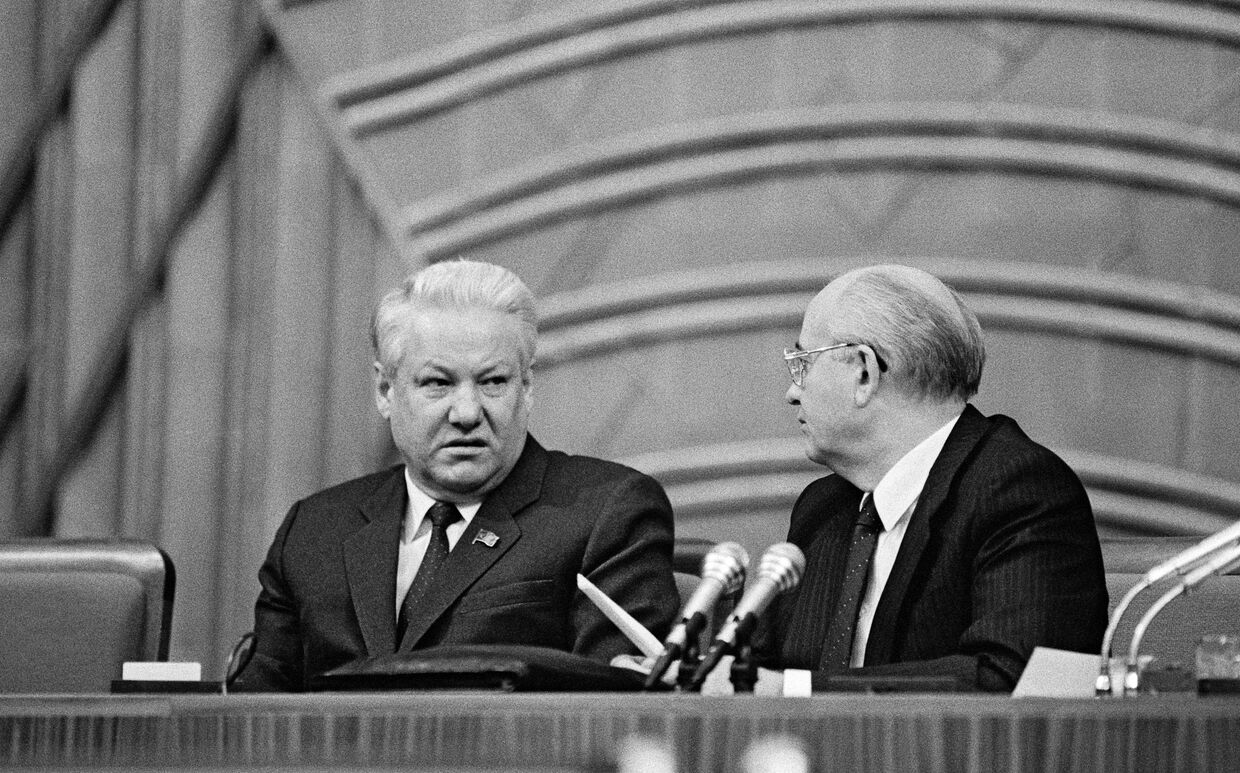



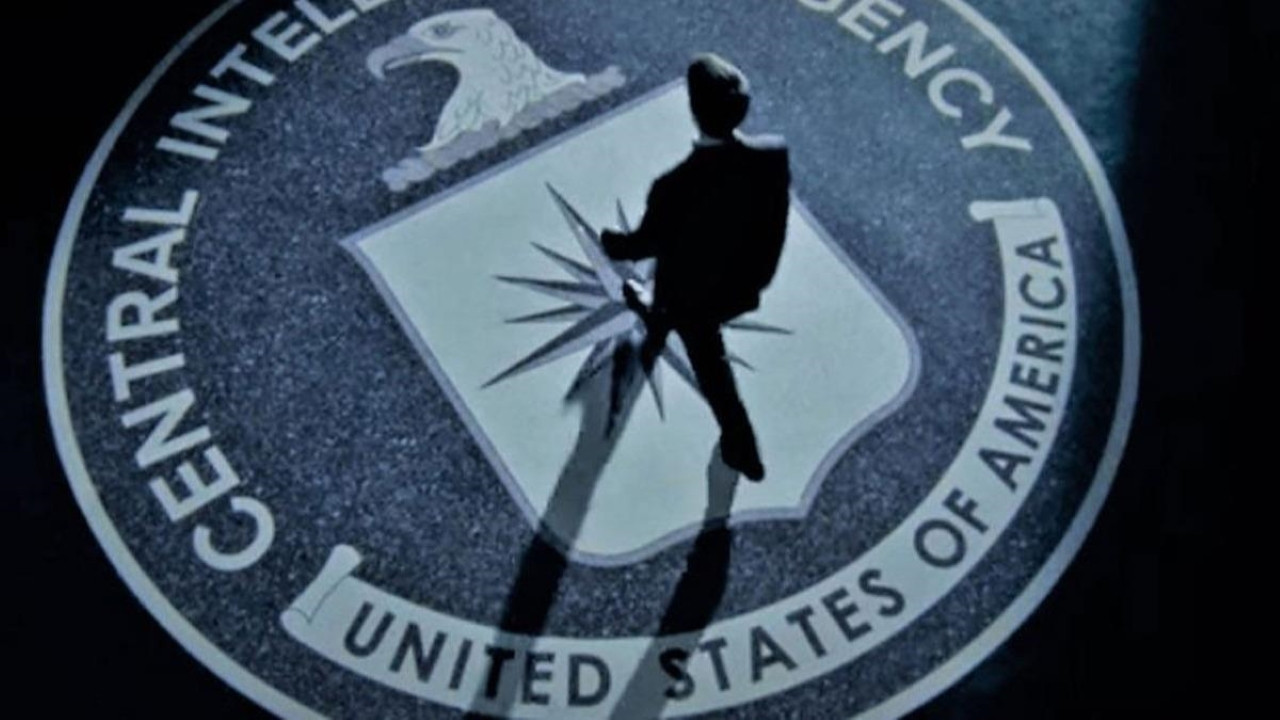
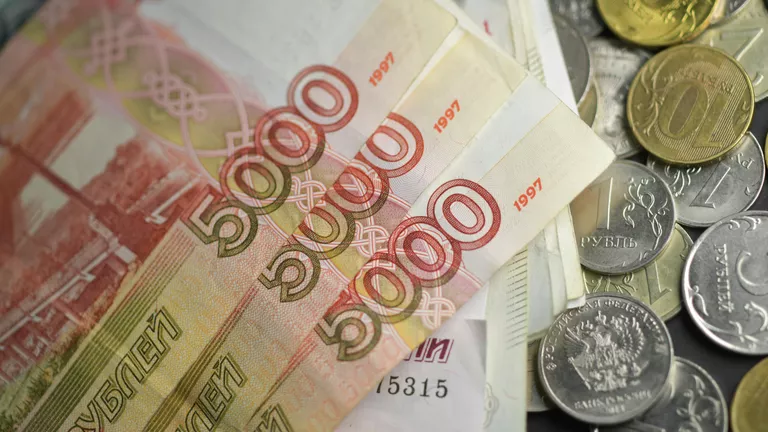



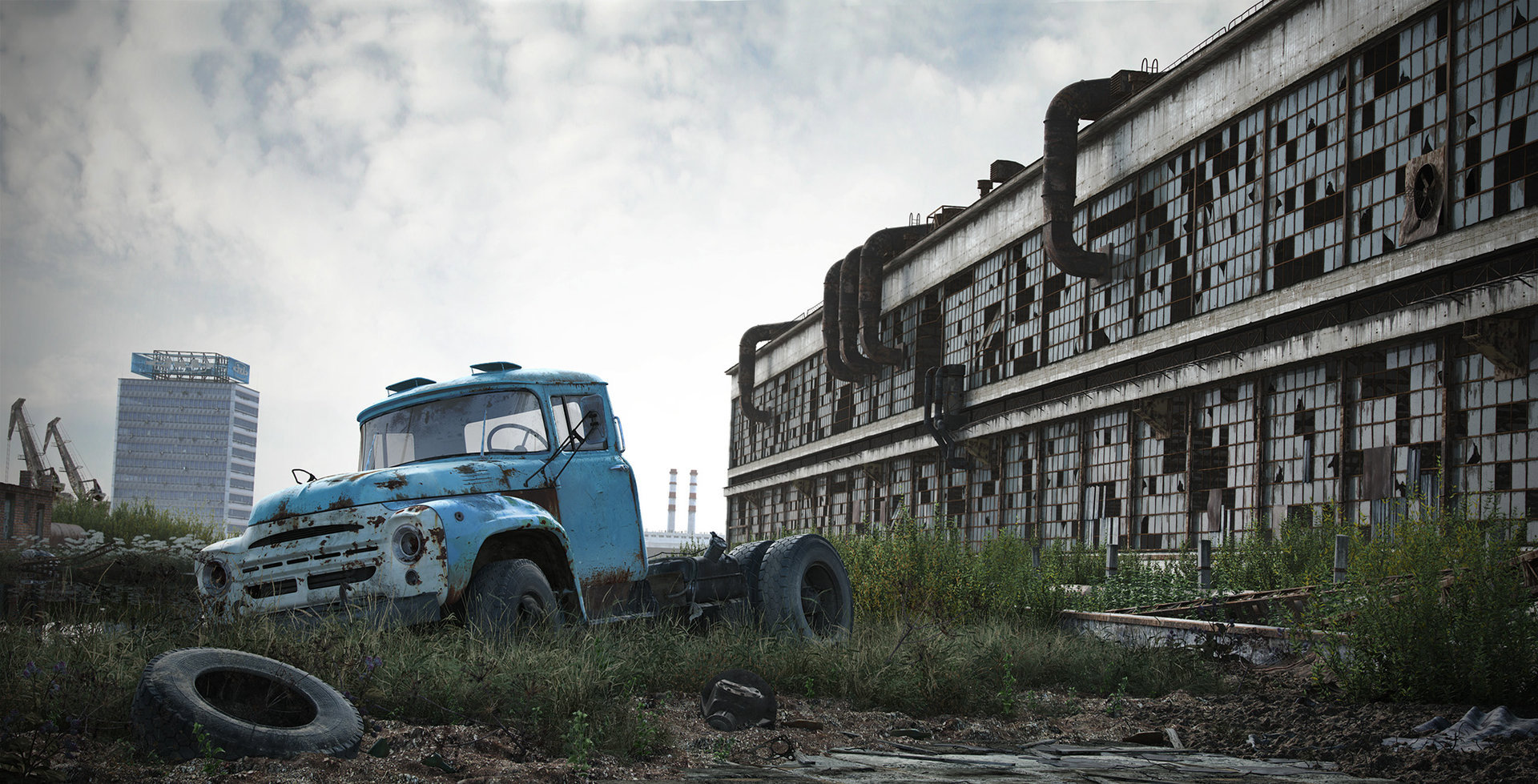



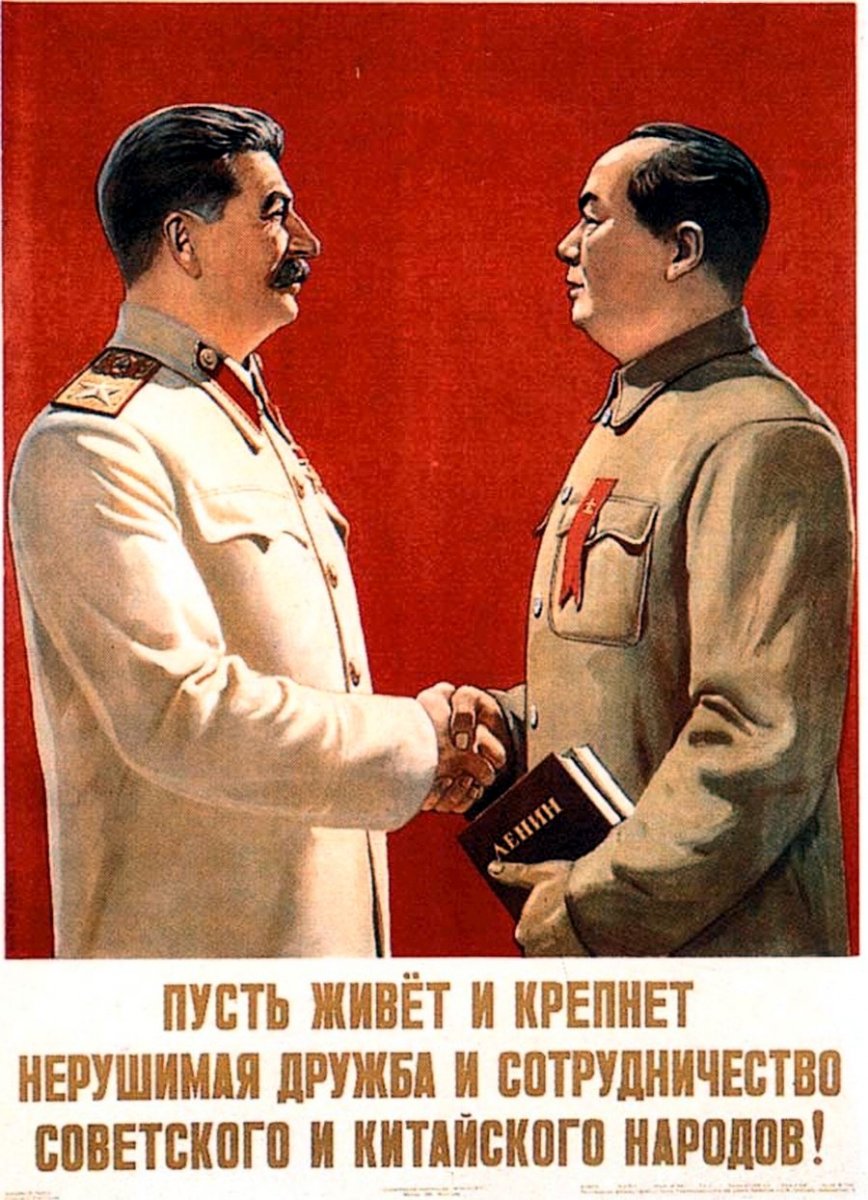
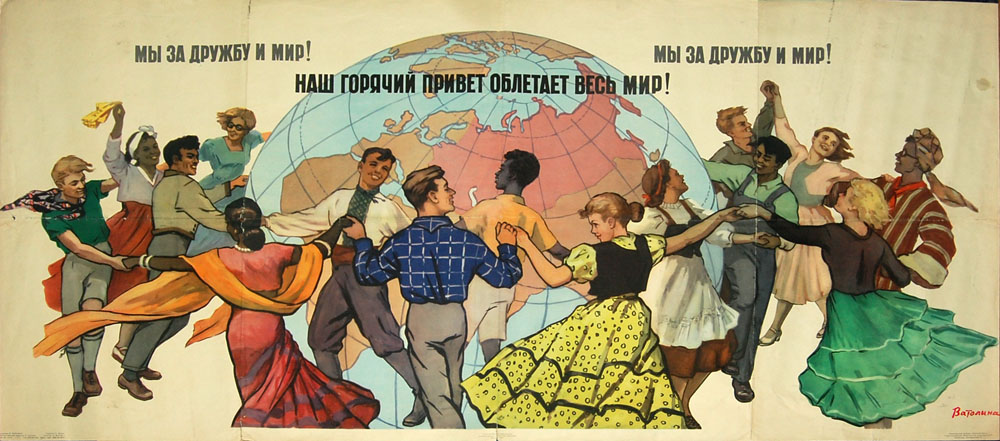

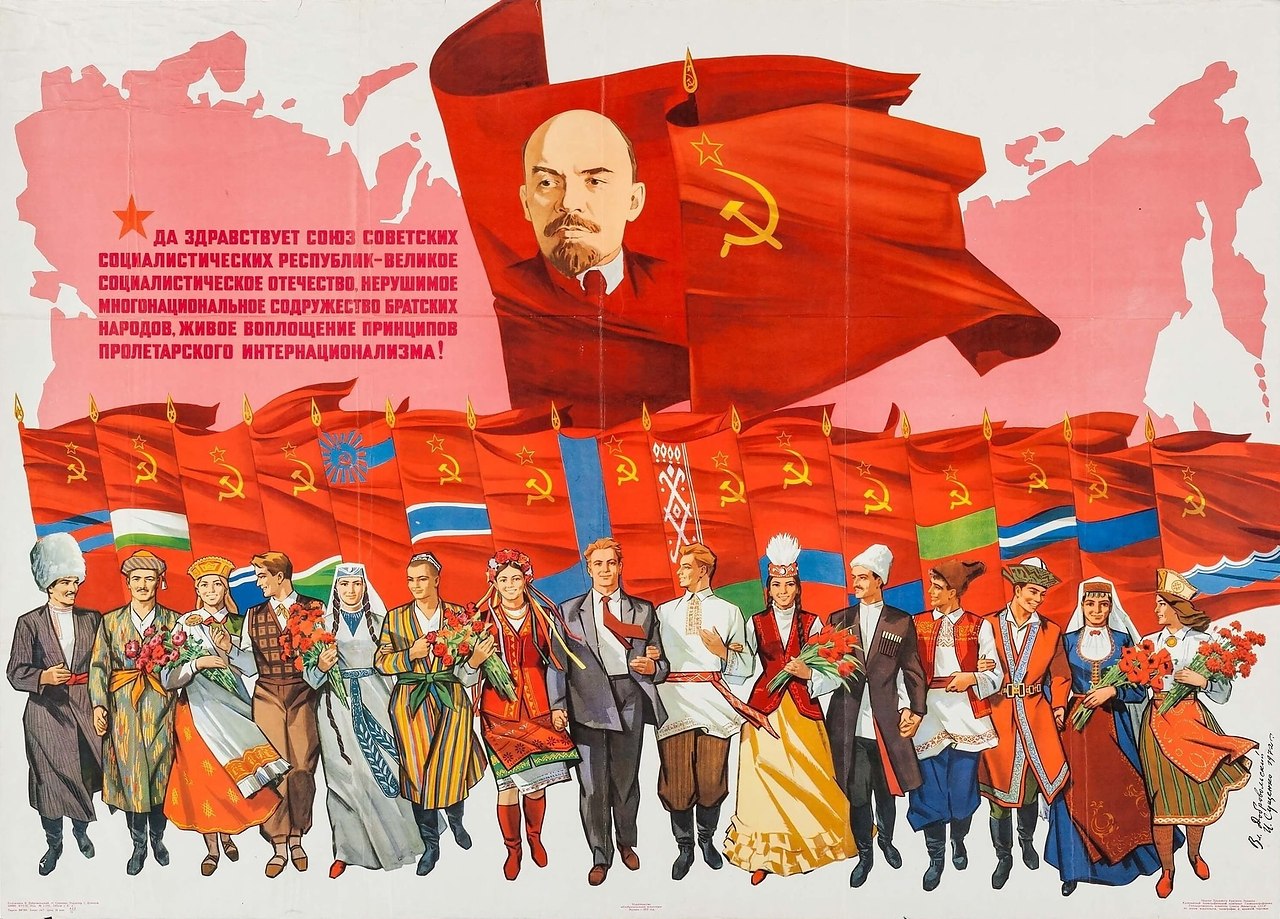
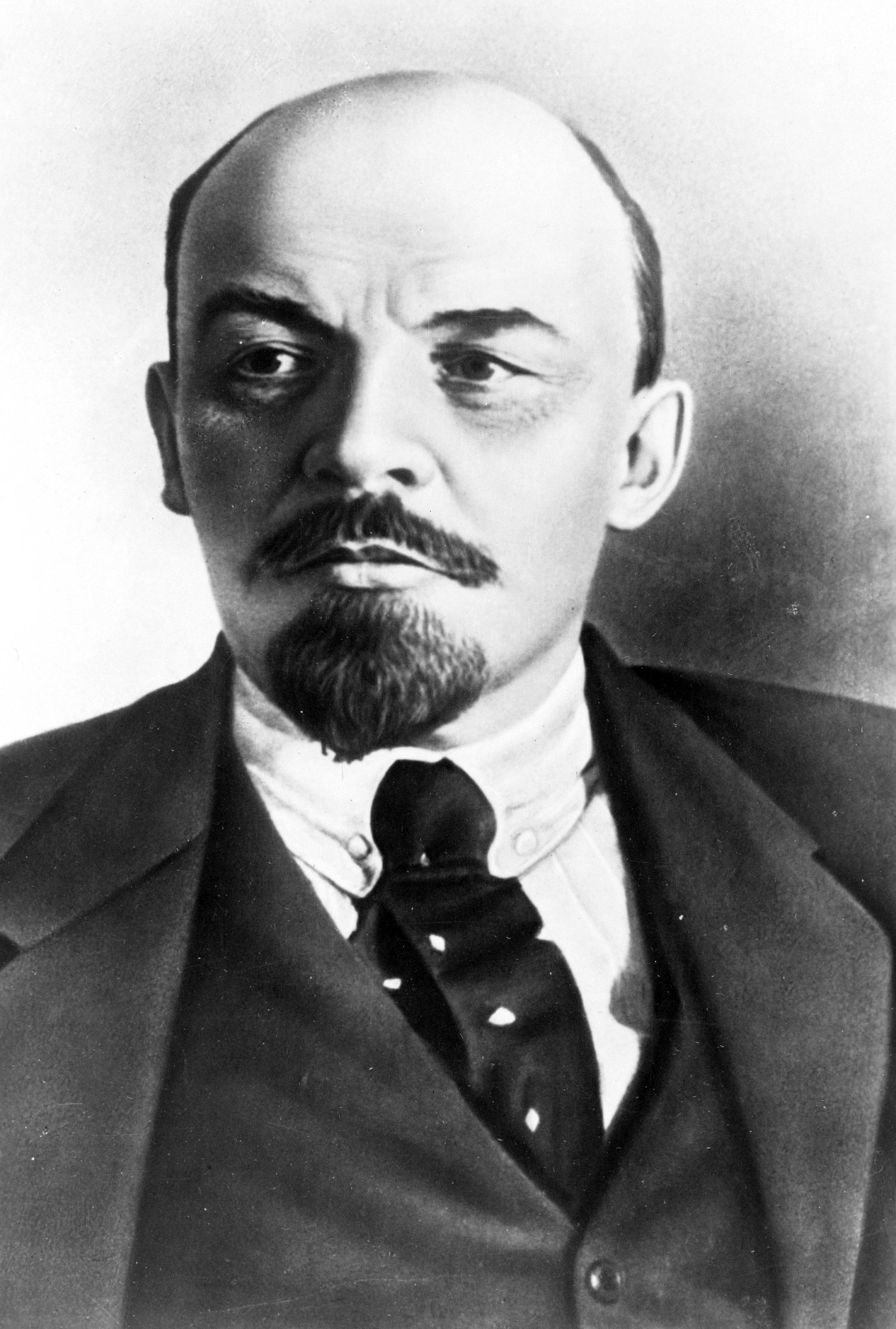
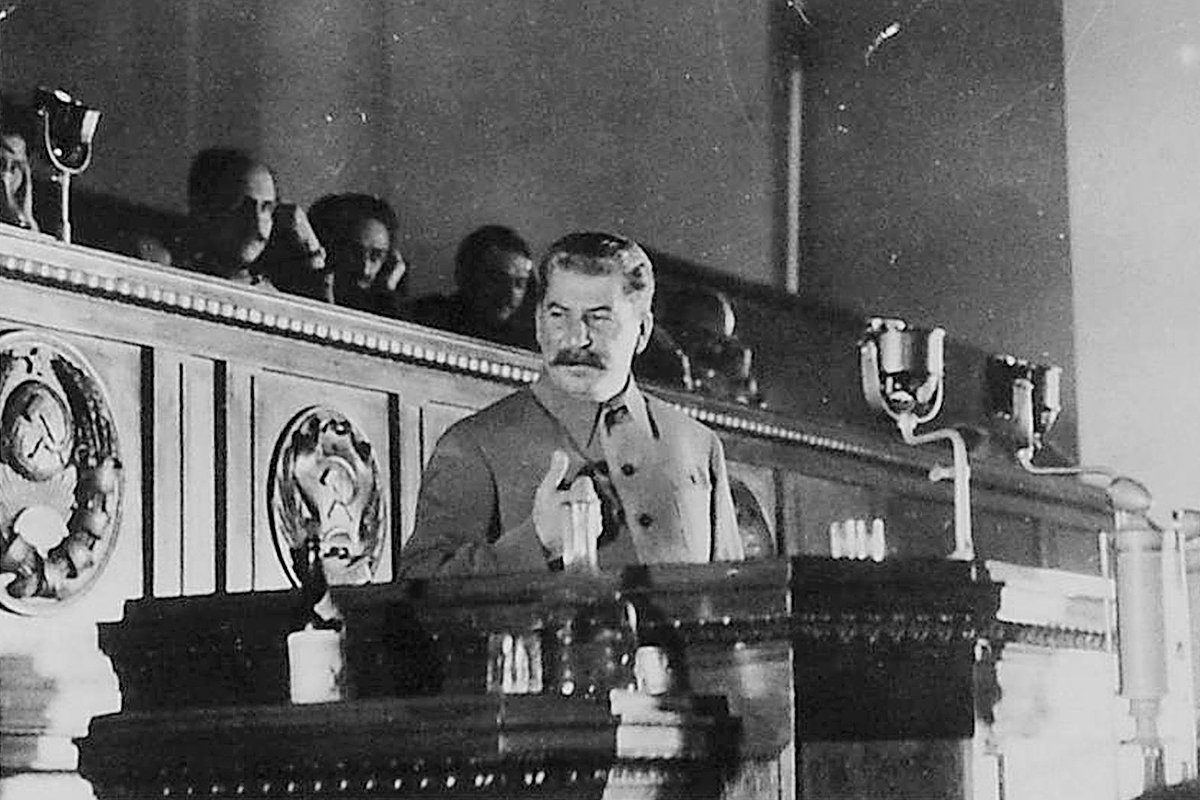
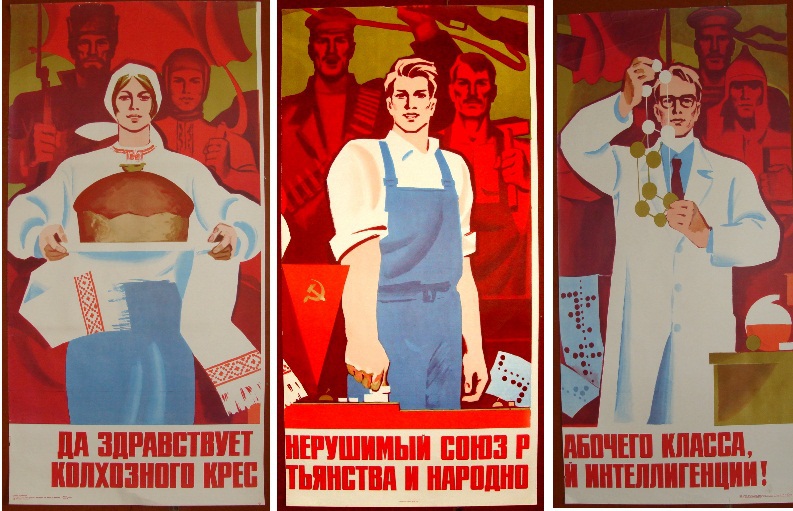






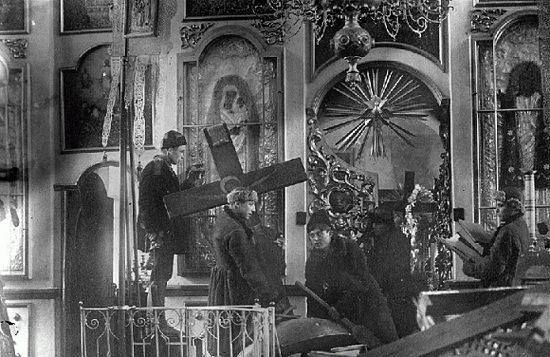
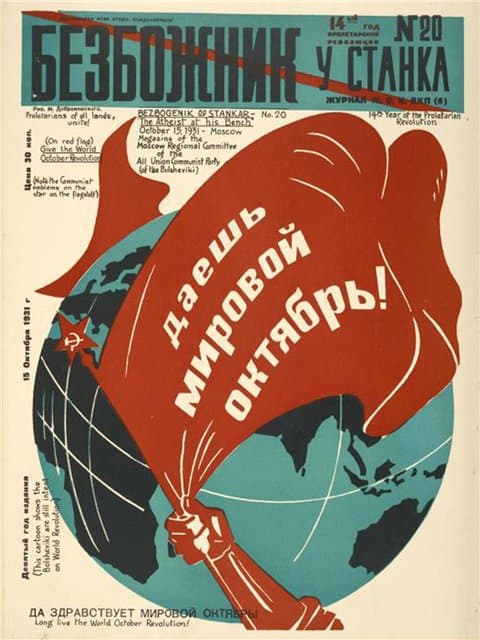


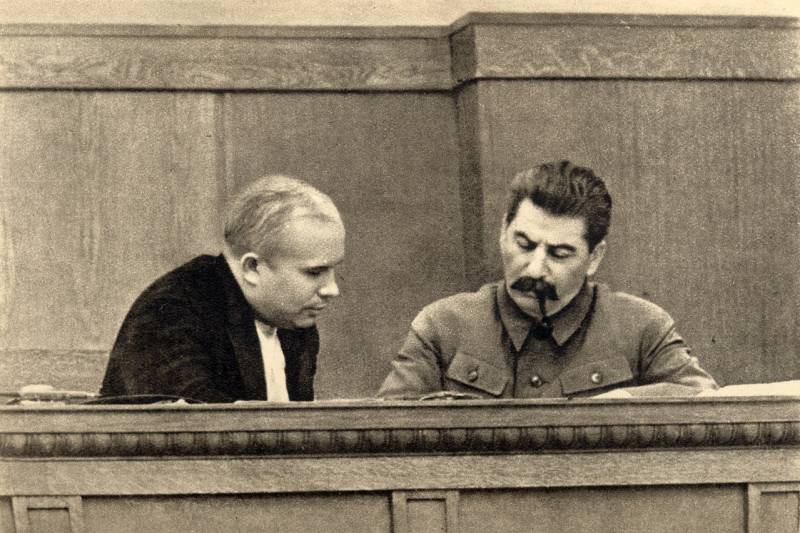
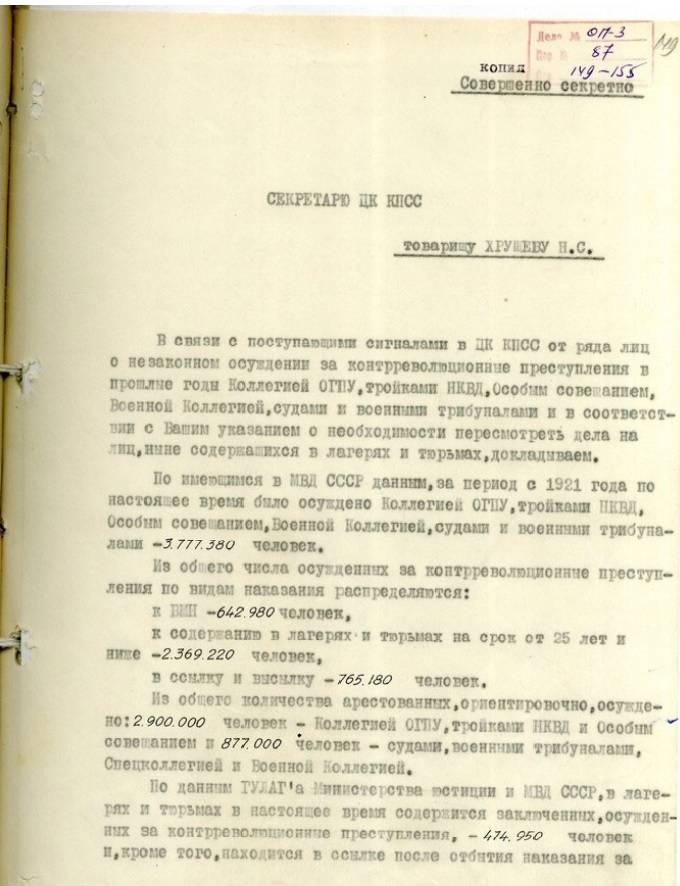




Bookmarks